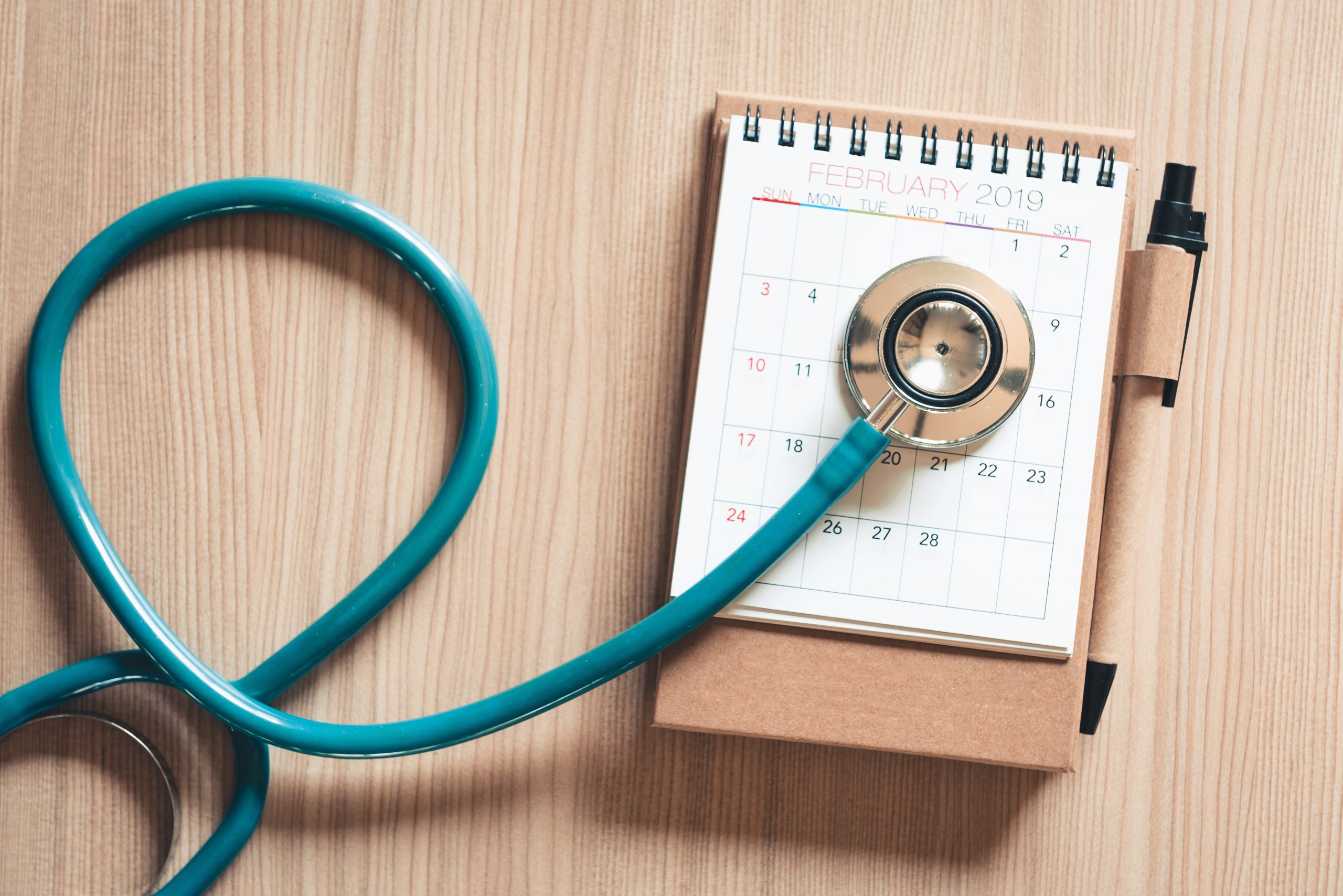- HOME
- SERVICES
- WHERE TO BEGIN
- LOCATIONS
- RESOURCES
- HEALTH PLAN SERVICES
- CAREERS
- EMPLOYEES

It's National Primary Care Week
The Benefits of getting an Annual Physical for Older Adults
Checkups and preventive screenings are a good idea at any age, but especially as you get older.
Along with wisdom, age brings greater chances of health problems. You're more likely to get diseases like diabetes, heart disease, chronic obstructive pulmonary disease (COPD), cancer, and arthritis as the years pass.
Some of these conditions don't show symptoms until they've gotten worse. An annual physical gives your loved one’s doctor a chance to find them early, when they can be more easily treated and sometimes cured. If given permission you (or another family member or caretaker) can take part in the physical in order to ask questions or advocate for your loved one.
Learn if your older loved one’s at Risk for Disease
During a checkup, your doctor can find problems that might make you more likely to get sick in the future. A check of your family health history could flag risks for inherited conditions like cancer or diabetes, so you can get the screenings your older loved one needs to catch health issues early.
Your older loved one’s doctor will also ask about their diet, fitness, sleep, and stress habits. Encourage your loved one to be honest with their doctors, they will get advice on how to improve. And if they smoke or drink too much, their doctor can offer tips on how to quit.
Find Health Problems Early
Your older loved one’s doctor is more likely to find a health problem than you or their home caretaker could on their own. Doctors are trained to know what symptoms mean. They can refer your loved one for tests, to the right specialist, or recommend treatments.
Conditions like high blood pressure and diabetes often don't cause symptoms early on. Checks of weight, blood pressure, blood sugar, and cholesterol levels can help your loved one’s doctor spot the signs of these diseases early. Many diseases are easiest to treat when they're caught in their early stages.
Get Up to Date on Tests and Screenings
Your loved one’s doctor will go over their health history at each year's visit. That should include a check of whether they are on track with screening tests like colonoscopy or mammograms. The doctor will also let you know which vaccines are needed, like shots for the flu, pneumonia, or shingles.
Gain More Control Over Chronic Conditions
Long-term conditions like diabetes, heart disease, arthritis, and asthma need day-to-day care. Your loved one’s doctor will check in at each visit to make sure these diseases are under good control. If not, the doctor can recommend changes to your loved one’s diet or medication.
Make You a More Educated Health Consumer
The doctor is an expert in health. Every time you visit, you and your loved one can learn something new about their own health or disease risks. Checkups also give you a chance to ask about health information you've seen on the news or online. Getting answers to your questions can ease any worries or fears you might have.
Coordinate Your Care
Your loved one’s primary care doctor is the keeper of their health records. They can share the health history, test results, and list of medications with any other doctors and specialists your loved one needs to see. Having one person in charge can streamline your loved one’s medical care.
Encourage your love one to build a Relationship with their Doctor
A strong doctor-patient relationship is important. The trust built will make it easier for you and your loved one to talk about personal subjects and feel better about asking questions or taking advice from the doctor if problems arise in the future.
Regular checkups also give your doctor a chance to learn more about your loved one. These visits will make their doctor more familiar with your loved one’s health history and be able to diagnose or recognize changes or concerns in health and wellbeing. The annual physical is also an opportunity to discuss any mental health concerns your loved one may have. Talk to their doctor if you have seen your loved one feeling depressed or anxious.
Even when your older loved one feels healthy the annual physical (and subsequent screenings and tests) are crucial to the overall health and ability to avoid hospitalization and severe illness. If your loved hasn’t been to their primary care doctor in a while, this month is the perfect time to return for a physical. If they are nervous about going, see if you can accompany them (or someone they are comfortable with) to the appointment. This will allow both you and your loved to prepare for the appointment, including discussing what symptoms or issues to report, questions to ask and play a role in creating a health treatment plan if needed.
For more information contact:
Premier Home Health Care Services, Inc.
www.premierhomehealthcare.com
